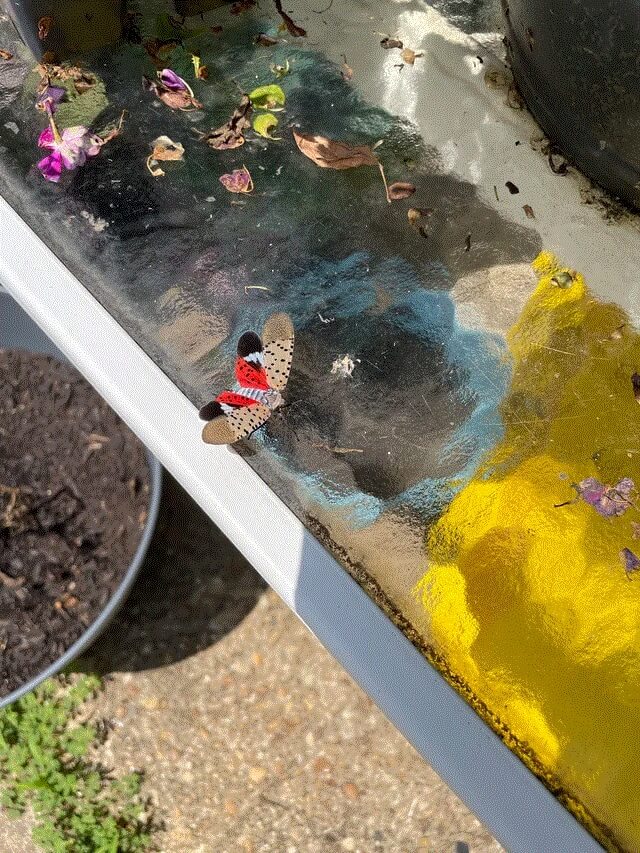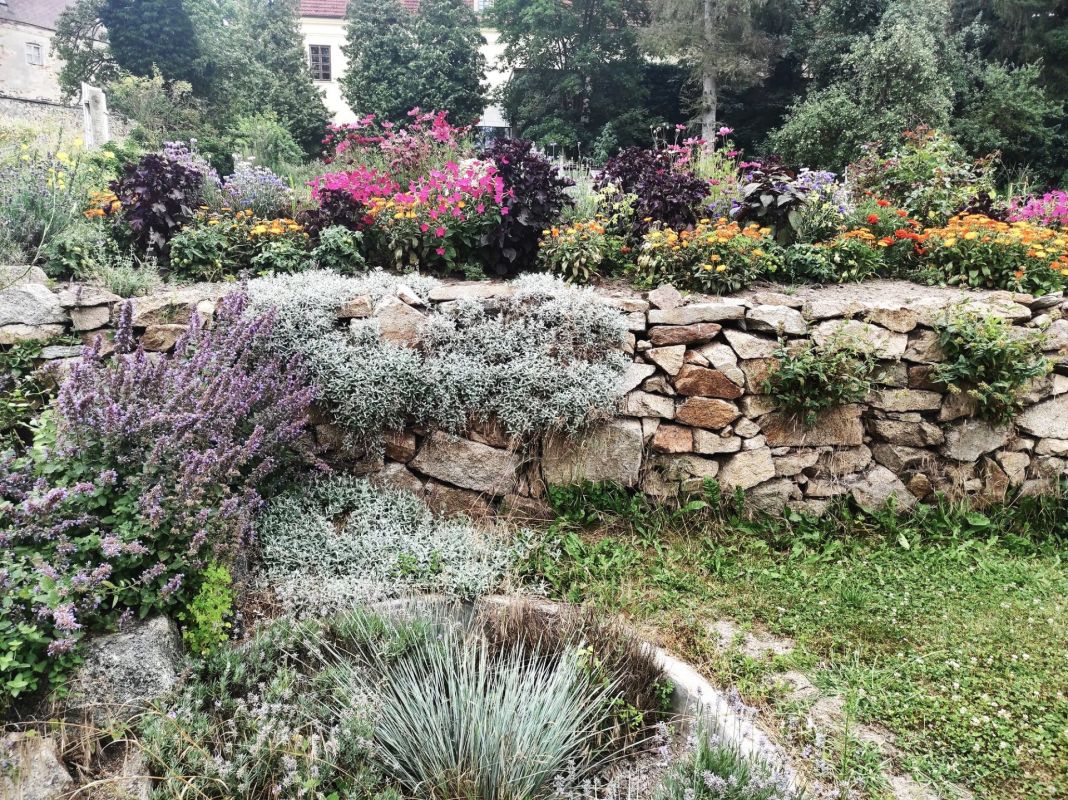The spotted lanternfly, named for its polka-dotted wings, is a bit of an insect beauty queen that sports hues of yellow, tan, and red on its wings and body.
Unfortunately, it's also a major pest in the United States, as a Redditor found out after posting a photo of one they spotted in their Maryland garden on the r/whatisthisbug subreddit.
"What is this (bug) and do I need to worry for my garden?" the poster asked.


"Yes you need to worry," one person commented. "It's a spotted [lanternfly]."
Why the alarm? This invasive species was first discovered in the U.S. in 2014 in Pennsylvania and is now wreaking havoc in the northeast U.S. It's native to China, India, and Vietnam.
So far, these bugs have been spotted in New York, Connecticut, New Jersey, Pennsylvania, Delaware, Maryland, and Virginia, with serious infestations reported in parts of New Jersey, Pennsylvania, Delaware, and Virginia.
These small insects suck — literally. They extract plant sap and feed indiscriminately on more than 70 plant species. As a result, these pests are responsible for hundreds of millions of dollars in damage to crops. They also attack trees like walnuts and oaks.
Plus, they leave behind a sugary liquid that attracts other insects and aids in the proliferation of black sooty mold — this can negatively affect plant growth and start up secondary fungal infections in these plants.
Posters on Reddit sounded the warning alarm and urged the poster to destroy the unwelcome visitor.
"They may be pretty, but they're native to China and are harmful to plants," one person said. "Invasive species — kill on sight."
Another chimed in more urgently, saying, "KILL IT!!!!!"
That advice could be difficult for some of us to follow through on, but that's exactly what New Jersey is urging people to do if they see a spotted lanternfly. The state has adopted the slogan, "Stomp it out!"
Not quite into stomping bugs? You can also use this bottle trick shared by one TikToker. It's a lot less bloody and will help you cope with larger infestations quickly.
Join our free newsletter for easy tips to save more, waste less, and help yourself while helping the planet.









